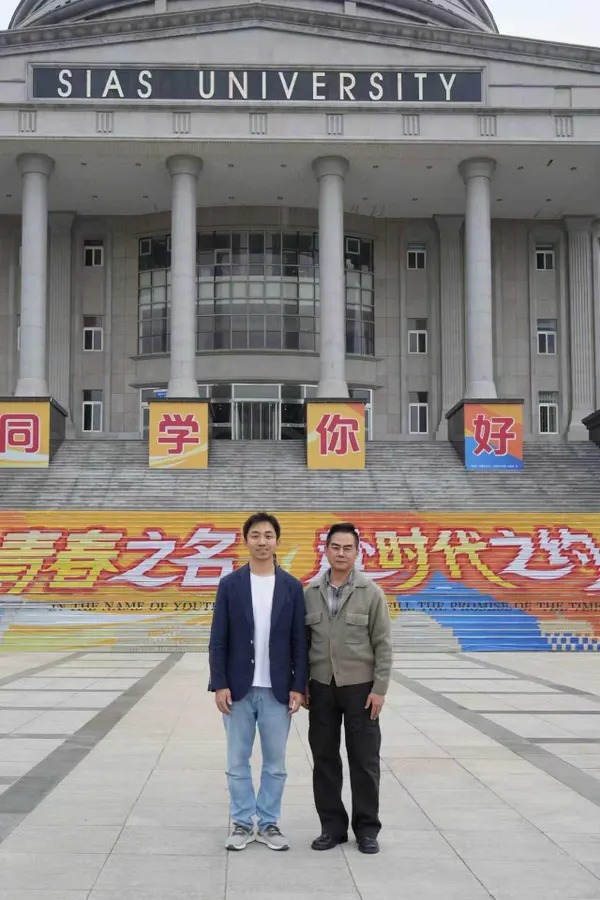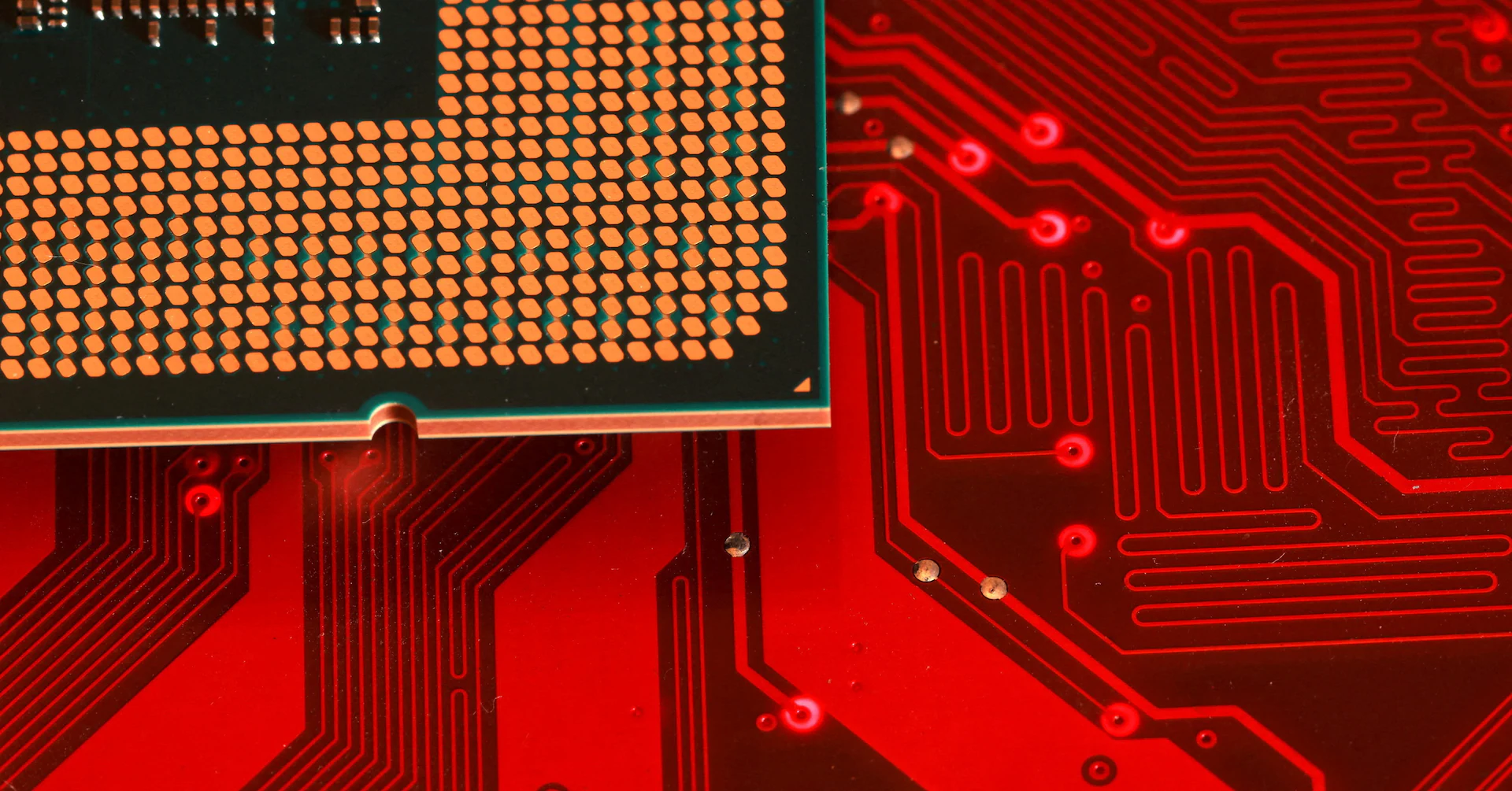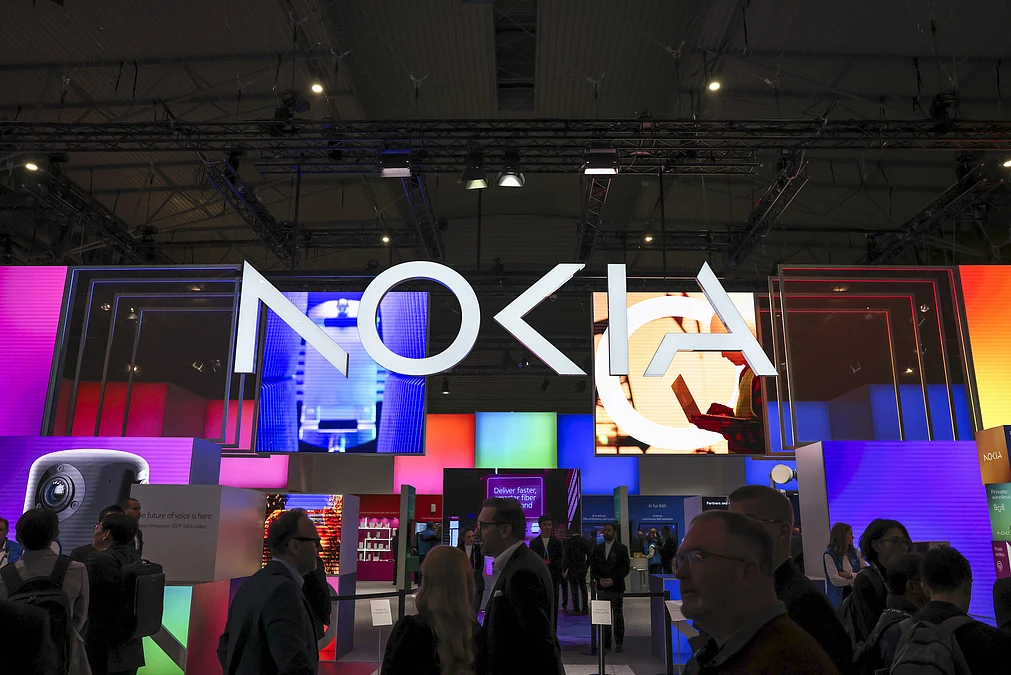Copyright forbes

Wang Ning, billionaire founder of Labubu doll maker Pop Mart, left; Shawn Chen, founder and president of Chen alma mater Sias University in Zhengzhou, China, right. Sias University Shawn Chen grew up in the western Chinese industrial city of Chongqing, and developed an early passion for education at the start of the country’s reform era in the late 1970s. After he received an undergraduate degree in science from Chongqing University in 1982, Chen seized upon the easing of Washington-Beijing relations to go the U.S. for graduate study in education. There, he got the entrepreneurship bug, added an MBA from Willamette University in Oregon, and had small stakes in Olive Shampoo Manufacturing and Meixin Doors. While continuing to invest, Chen returned home from California with the aim of setting up a school. “While China’s economy was growing fast at the time, I noticed that education was still behind,” Chen said in an interview. “Many people were returning home to contribute to economic development, and I felt strongly that without better education, China never truly could become a strong nation. My goal was to break away from the old Soviet-style exam-oriented education model.” Working with China’s Education Ministry in 1998, Chen went on to found a pioneering private school that combined elements of Chinese and Western liberal arts education. First known as Sias International College, Sias University today enrolls more than 30,000 students, including approximately 500 from overseas. Its most successful alumni include the main founder of toy maker Pop Mart, Wang Ning, 38, and his wife, Liu Ran, 37; the couple set up the Labubu doll creator in 2010 in their early 20s and currently have a combined fortune worth $18 billion. Chen, who remains the school’s chairman, has a career record that includes plaudits from Kansas state government officials, where Sias has partnered with Fort Hays State University to offer the latter’s degrees in China. While leading Sias, Chen has over the years also built on a business network in the U.S. and China that focused on start-ups, an approach that brought him into contact with Silicon Valley-headquartered incubator and investor Plug and Play. In the U.S., “I often participated in the start-up conversation, and that’s where I met Rahim Amidi,” the co-founder of Plug and Play and an early-stage investor in U.S. companies such as PayPal and DropBox. Rahim later traveled to China to visit Sias, and invited Chen to join a Silicon Valley investment fund, AC Ventures. That, in turn, led to Chen’s early partnership with Plug and Play at Sias in 2011. Plug and Play China formerly opened in China in 2016, and has since invested in more than 150 start-ups; it currently has offices in Beijing, Shanghai, Shenzhen, Changzhou, Heifei and Nangtong. Yet times have changed, leading Chen, Sias and Plug and Play China to face more complex waters in their bridge-building work and more intense global technology competition. Amid slower growth in China and difficult-U.S.-China ties, Sias from its liberal arts roots in Zhengzhou has become ambitious about partnering with domestic businesses and adapting to an AI era of learning. Cooler ties have also reduced Plug and Play China’s U.S. connections, noted Chen, who now in his 60s is also focused more on tackling a challenge not so obvious when he was a young entrepreneur: lifelong learning. MORE FOR YOU Shawn Chen is a co-founder of Plug and Play China. Sias University Sias was founded in the central Chinese city of Zhengzhou following a government suggestion to Chen to help the region whose per capital income is lower than richer business and government hubs such as Shanghai and Beijing. Chen, the father of a son and a daughter, himself lives in a Sias dorm set aside for foreign teachers. Zhengzhou is the capital of Henan, a province whose population of more than 90 million makes it larger than any European country except Russia. The province is an important agriculture and meat production hub, whose best-known businesses include WH Group, the main shareholder of Smithfield Foods in the U.S.; WH’s 85-year-old chairman Wan Long is a billionaire worth $2.1 billion, according to Forbes estimates. The city is situated between two ancient Chinese centers – Luoyang to the west, and Kaifeng to the east. Zhengzhou’s own historical fame dates to China’s Shang dynasty more than 3,000 year ago. Current restoration and development work around a Shang city wall aims to help raise Zhengzhou’s tourist and retail appeal. Chen’s Sias success has helped transform the western part of Zhengzhou with a collection of buildings and areas with names like “German Street,” “Italian Square” and “Roman Amphitheater.” The city has a population of more than six million and become a major manufacturing hub for Apple contract manufacturer Hon Hai Precision, better known as Foxconn, from Taiwan. Other notable companies include Zhengzhou Bank, a member of the Forbes Global 2000 list, and Zhengzhou Yutong Bus Group, one of China’s largest electric bus manufacturers whose investments include U.S.-listed WeRide, an autonomous vehicle technology company. The large student population, government policy support and technology change are leading Sias into a deeper embrace of AI and partnerships with businesses. One new initiative is “AI+X,” which requires students to actively interact with multiple elements of AI in the area of their major. A follow-up Sias program, “AI+Y,” encourages the use of AI among students interested in a second major. “Lots of jobs will be replaced by AI” because AI is so powerful, Chen said. “What can a human do? They must be better and able to control AI. That’s how we train students to know AI. Especially with AI, we can be a better school with better students.” One success business partnership is with Beijing-headquartered iSoftStone, founded and led by MIT and University of Massachusetts graduate TW Liu. iSoftStone, one of China’s largest IT service companies with a market capitalization of approximately $7 billion and more than 90,000 employees, operates a Digital Technology School at Sias and gave new life to vacant buildings in Zhengzhou when formed in 2019. Nearly 100 middle and senior executives from iSoftStone mentor Sias students, some 150 of whom intern at iSoftStone as a step toward a full-time job there. Liu serves as “honorary dean” of the school. “Technical innovation cannot be separated from talents, and talents are even more important for the development of the digital technology industry,” Liu said in written comments. The school addresses a “talent shortage,” and addresses a “mismatch between talent supply and demand between traditional universities and industrial enterprises” to help form a “large-scale talent reservoir, supplying high-quality applied talents across all levels and domains of the digital industry.” Liu, who earned an MBA at MIT and master’s degree at UMass, lauded Chen as an “entrepreneurial educator” with “forward-looking educational concepts” and as an advocate for “market-oriented thinking in school management and services.” Liu noted the success of Pop Mart’s Wang Ning and other outstanding alumni. Both AI+X and the Digital Technology School underscore Chen’s thinking about the importance of gaining new knowledge throughout one’s life. More than a fifth of Sias graduates now work in a bank, Chen noted, and the school holds summits to help them keep on top of technology change in the financial industry. “If you learn more, you’re happy. Rapid growth in knowledge gives us a tool to learn,” Chen said. “Our goal is not only for graduates to have a degree but to have the mindset or capacity that allows learning (to be) continuous for life,” he noted. That mindset seems likely to keep Chen, Sias, and Plug and Play China busy for years to come regardless of international change. ForbesChina Billionaire’s Son Resigns As Chairman Of Sany InternationalBy Russell FlanneryForbesChina’s Spicy Hotpot Leader Cooks Up A New Brand In The U.S.By Russell Flannery Editorial StandardsReprints & Permissions



